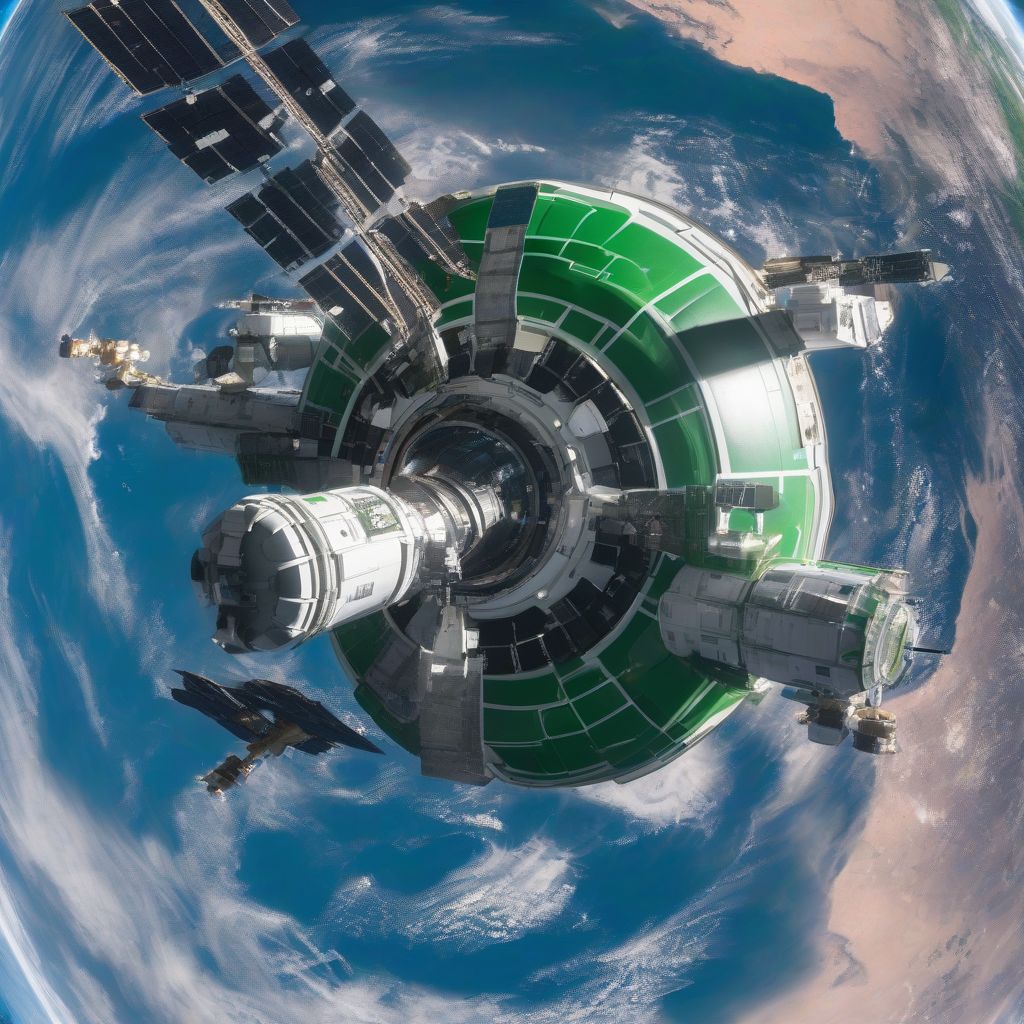Have you ever gazed up at the night sky, mesmerized by the countless stars, and wondered about the journeys of spacecraft exploring the vast expanse beyond our planet? The quest to unravel the mysteries of the cosmos has led to incredible international collaborations in space exploration. But how can you, an earthbound enthusiast, keep track of these missions?
Fortunately, staying updated on the progress of international space missions is easier than ever. Whether you’re passionate about the James Webb Space Telescope’s groundbreaking discoveries or eagerly following the journey of astronauts aboard the International Space Station, numerous resources and tools can satisfy your curiosity.
Utilizing Official Agency Websites: Your Primary Source
The first and most reliable source of information is the official websites of space agencies. These organizations are at the forefront of space exploration and provide a wealth of information directly to the public.
- NASA (National Aeronautics and Space Administration): The go-to source for US-led missions, NASA’s website offers comprehensive coverage of mission objectives, launch updates, real-time tracking data, stunning images, and even live streams from space.
- ESA (European Space Agency): For European missions like Gaia (mapping the Milky Way) or the ExoMars program (searching for life on Mars), the ESA website offers detailed information, mission updates, and multimedia galleries.
- Roscosmos (Russian Space Agency): As a major contributor to the International Space Station and with its own ambitious projects, Roscosmos provides insights into Russian space activities, launch schedules, and mission progress reports.
- JAXA (Japan Aerospace Exploration Agency): Renowned for its robotic exploration missions and contributions to the ISS, JAXA’s website provides updates on its activities, research findings, and future plans.
- CSA (Canadian Space Agency): From its contributions to the Canadarm robotic arm on the ISS to scientific research, the CSA website showcases Canadian involvement in space exploration and provides mission-related information.
 International Space Station Orbiting Earth
International Space Station Orbiting Earth
Beyond Agency Websites: Exploring Additional Resources
While agency websites provide a wealth of information, several other valuable resources can enhance your space exploration tracking experience.
1. Dedicated Space News Websites and Publications
- Space.com: This popular website delivers up-to-the-minute space news, mission updates, feature articles, stunning astrophotography, and interactive tools.
- Spaceflight Now: Known for its detailed launch coverage, Spaceflight Now offers real-time updates, mission profiles, and a comprehensive launch schedule.
- NASASpaceflight.com: For in-depth coverage and technical insights into space missions, this website provides a forum for space enthusiasts and experts.
2. Social Media: Connecting with the Space Community
- Follow Space Agencies and Astronauts: Most space agencies and many astronauts actively engage on social media platforms like Twitter, Facebook, and Instagram, providing updates, sharing experiences, and posting breathtaking imagery.
- Join Space Enthusiast Groups: Numerous online communities and forums cater specifically to space exploration enthusiasts, offering a platform for discussions, sharing information, and connecting with like-minded individuals.
3. Mobile Apps: Space Exploration at Your Fingertips
- NASA App: Available for iOS and Android devices, the NASA app provides access to live NASA TV broadcasts, mission information, images, videos, and even 3D models of spacecraft.
- ISS Tracker: This app allows you to track the real-time location of the International Space Station, providing alerts for when it’s visible in your night sky and offering stunning views of Earth from space.
- Star Walk 2: While not exclusively focused on spacecraft, this augmented reality stargazing app helps you identify satellites, including the ISS, as they pass overhead, enriching your night sky viewing experience.
4. Live Stream Events and Broadcasts
Many space agencies offer live streams of launches, spacewalks, press conferences, and other significant events. Keep an eye on their websites and social media channels for announcements.
Delving Deeper: Understanding the Significance
Tracking the progress of international space missions is more than just a fascinating pastime; it’s about engaging with humanity’s ongoing quest for knowledge and understanding of the universe we inhabit. These missions push the boundaries of science and technology, yielding invaluable discoveries that enhance our lives on Earth and inspire future generations of explorers.
By staying informed about these endeavors, we become active participants in this incredible journey of discovery.
Your Journey into the Cosmos Starts Now
The resources and tools outlined in this guide provide an excellent starting point for tracking international space missions. Embrace the opportunity to delve into the captivating world of space exploration, expand your knowledge, and ignite your sense of wonder about the cosmos. The final frontier awaits!
[amazon bestseller=”telescopes for beginners”]
